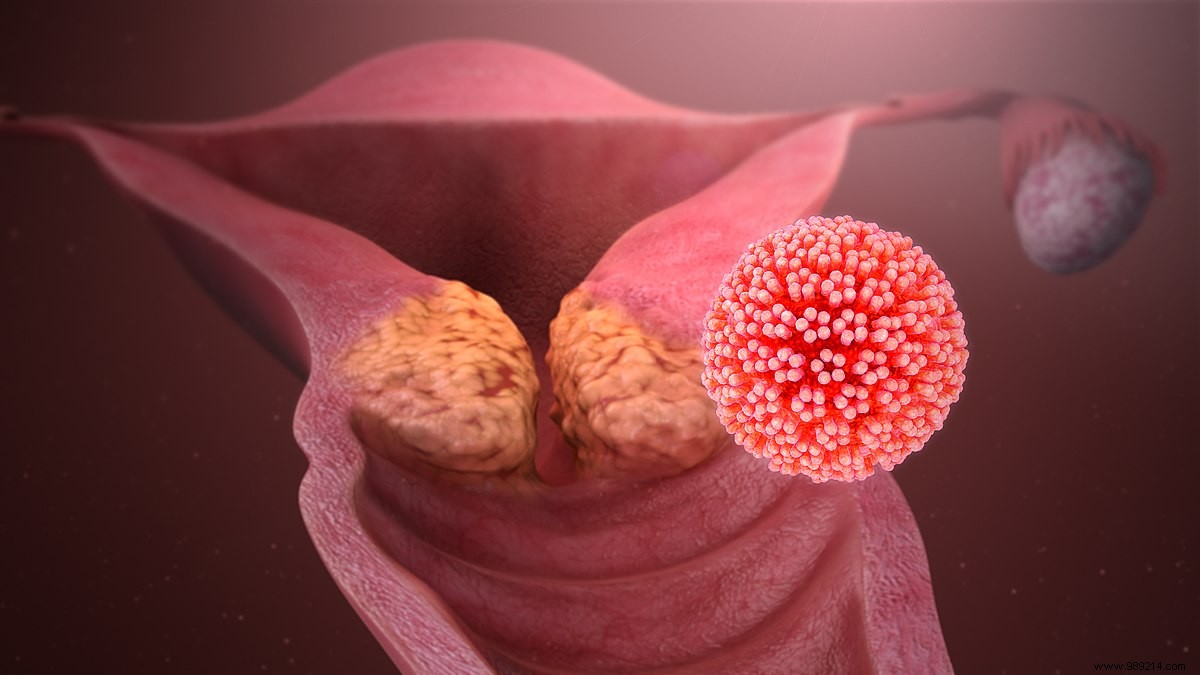High-profile vaccine campaigns in France have significantly influenced public skepticism toward vaccines, including AstraZeneca and other SARS-CoV-2 shots. Despite subsequent studies and denials aiming to reassure, these events left enduring doubts.
In 1994, Health Minister Philippe Douste-Blazy initiated a hepatitis B vaccination drive, mandating it in schools. By 1998, 20 million French people were vaccinated. The campaign paused amid reports of side effects, including around 100 multiple sclerosis cases, prompting epidemiological probes.
Studies yielded mixed results, leading to legal action. In 2008, GSK and Sanofi Pasteur faced charges of deception. Although the 2016 trial acquitted them, some patients received compensation under the presumption of causation.
Since 2006, GSK and Sanofi Pasteur have marketed HPV vaccines targeting cervical cancer. In 2009, Australian neurologists suggested a possible correlation with multiple sclerosis. Reports also linked them to lupus, Verneuil's disease, and demyelination episodes. In France, numerous families filed complaints, contributing to low uptake—only 17% of 16-year-old girls vaccinated by 2015.
Follow-up studies largely cleared the vaccines, though 2015 ANSM research noted an elevated risk of post-vaccination Guillain-Barré syndrome. Despite this, HPV vaccination remains the leading prevention for cervical cancer.

In 2009, the WHO warned of a novel flu strain from the US and Mexico. Health Minister Roselyne Bachelot secured 94 million doses from labs and 22 billion masks. The pandemic proved milder than feared, resulting in a failed campaign. Critics accused the WHO of hyping a "fake pandemic" influenced by pharma interests.
The vaccine was later associated with narcolepsy, with INSERM reporting a fivefold risk in those under 19. Yet, figures like Institut Pasteur, Bachelot, and EHESP Director Prof. Antoine Flahault urged universal vaccination.